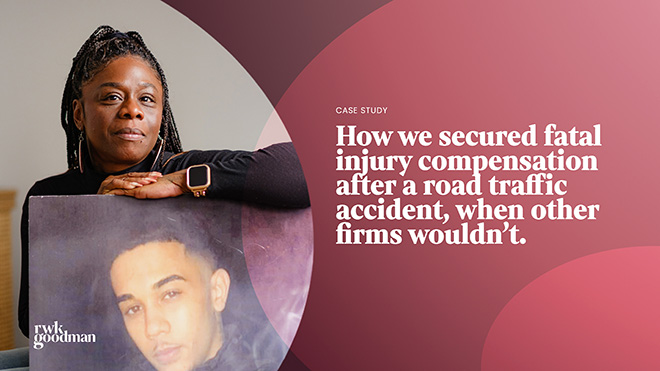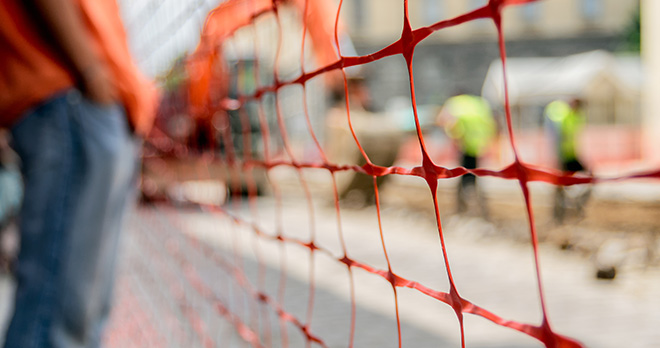What to do when a child dies – practical considerations after a child bereavement

When a child dies it is of course a very difficult time, and it can be difficult to know what practical steps you might need to take. Here we have gathered a range of information to in one place to help you understand what you might need to consider.
Registering the death
One of the first tasks following the death of a child will be to register the death.
The death should be registered within five days and this includes weekends and bank holidays. Registration of a death can be done online here, or in person at your local Registrar Office. Your local Registrar Office can be found here.
Once the death has been registered you will receive a ‘certificate for burial’ which you need to give to the funeral director, or crematorium with the application for cremation. This is required before the funeral can take place.
After the death has been registered, you can also tell government organisations using the ‘Tell us Once service’. You will need the details of the child who has died in order to use the service, including their name, date of birth, address, date of death, and if they died in hospital or hospice, the name and address of that institution.
Memorials and funerals
A funeral can help with the grieving process and serves as a time to acknowledge the loss of your child. You may feel pressure to arrange the funeral as soon as possible, but please be reassured that there is no set timeframe. It is your opportunity to work out how you would like to say goodbye to your child.
When planning the funeral you will need to decide whether you wish to have a burial or cremation. You may wish to think about whether you would like to have a special place to visit, this may either be the burial site or a place you have chosen to scatter the ashes. Alternatively, the ashes could be kept at home in an urn.
You may also want to think about whether you would like to have a religious or a non-religious funeral service, and the types of music and readings you wish to have. You may find that it helps to speak to your funeral director to find out the about options you have.
There is no requirement to use a funeral director, but you may find them helpful. If you decide to use a funeral director, then we recommend that you choose one who is a member of either National Association of Funeral Directors or The National Society of Allied and Independent Funeral Directors (SAIF). If you decide to arrange the funeral yourself then you will need to contact the Cemeteries and Crematorium Department of your local council.
Funeral costs can be a daunting prospect, but help is available. It is advisable to get quotes from several funeral directors to see what is available which meets your preferences and budget. There is assistance from the Children’s Funeral Fund in England to help pay for some of the funeral costs where a child under the age of 18 has died or a baby is stillborn after 24 weeks of pregnancy. It is not means tested, so it does not matter how much you earn or how the amount of savings you have, however, the burial or cremation must take place in England. The Children’s Funeral Fund can help to pay for the burial fees, cremation fees, and a coffin up to the cost of £300. If you are using a funeral director, then the money will be paid directly to them and you will not need to submit any claims yourself. If you are not using a funeral director, then the burial or cremation fee will be paid direct to your provider and your can claim for other funeral expenses, such as for the coffin online.
If you wish to move the body for a funeral abroad, then will need to seek permission from the coroner. You will need to apply at least four days before when you wish to move the body.
Benefits and tax credits
If you are claiming Child Benefit, then you will need to notify the Child Benefit Office as soon as possible. This should be covered by the Governments ‘Tell us Once’ service if used, which streamlines notifying agencies about the death.
The Child Benefit payments will usually carry on for eight weeks following the child’s death. You are still entitled to up to eight weeks of Child Benefit if your newborn baby dies and you have not yet made a claim, but you must make the claim within three months of the death. If your child is stillborn then sadly you are not entitled to Child Benefit.
If you are claiming tax credits, then your payments may change when your child dies. You need to inform HMRC within one month of the death, otherwise you may receive overpayment which will then need to be paid back. However, if you have used the ‘Tell us once’ service then this should be covered.
Leave and pay
Please be aware that you will still qualify for maternity/paternity leave and pay if you baby dies after being born or if the baby is stillborn after the start of the 24th week of pregnancy.
You and your partner may also be entitled to parental bereavement leave and pay if you are employed and the child dies before they turn 18 years old or if you have a still born after 24 weeks of pregnancy.
You may find it daunting to return to work after the loss of your child or baby, and the amount of leave given after a bereavement does vary between employers. You may feel anxious about returning to the workplace on the other hand you may feel that it helps to provide some stability and routine to you day. It is important that your employer is aware of what has happened, but you only need to share as much detail as you feel comfortable with providing. You may wish to consider asking your HR department or line manager if it is possible to have a gradual return to work, so that it doesn’t feel like such a big hurdle.
Charities can also offer support around returning to work after a bereavement.
Finally, please be kind to yourself, set realistic expectations for yourself and if needed seek out support. You can find out more about the support available following a death, and other services, in our bereavement guide here.
If you have been affected by any of the issues raised in this post, and want to speak to a legal expert about your rights, please contact us today.
Call now










